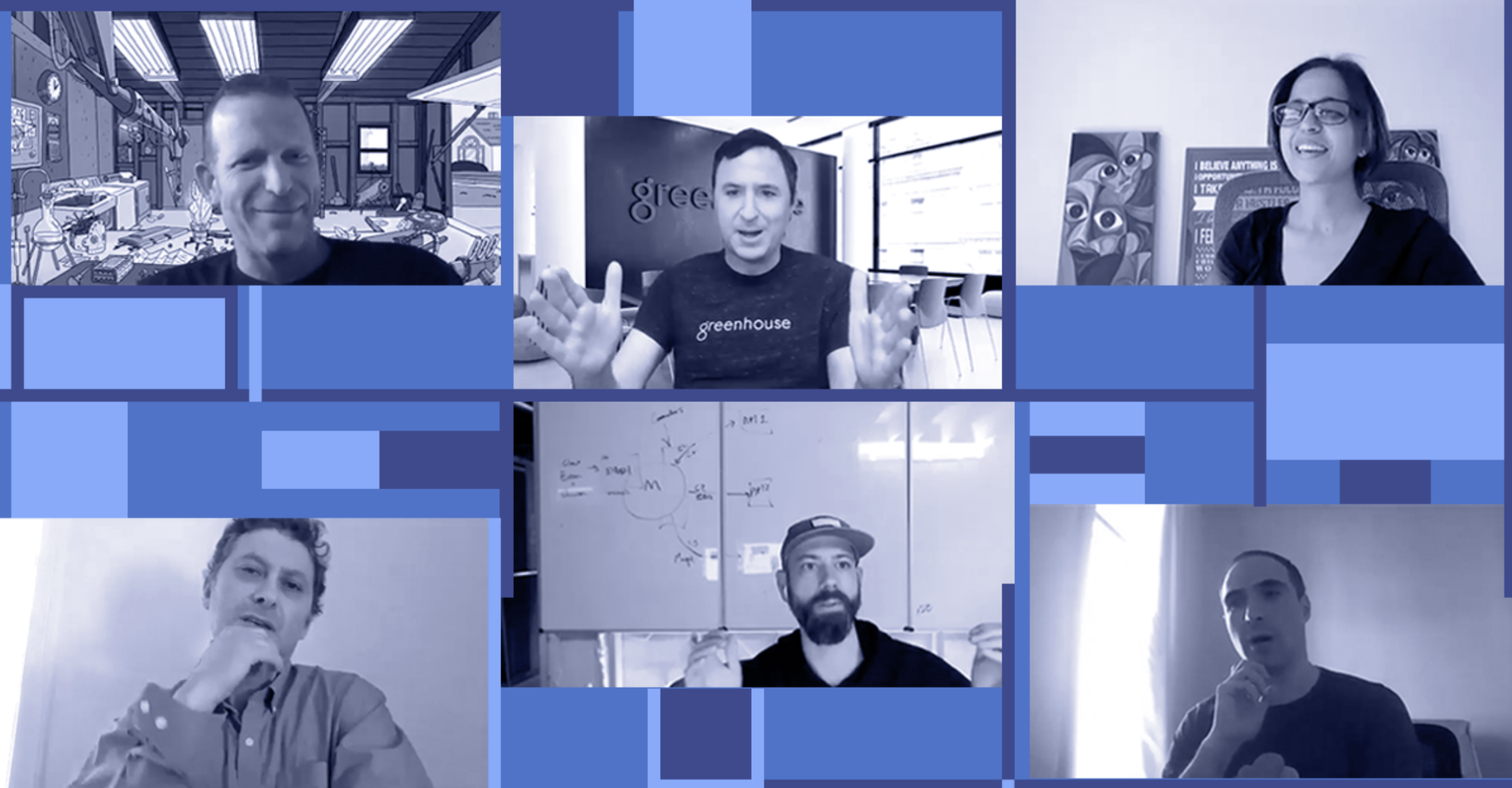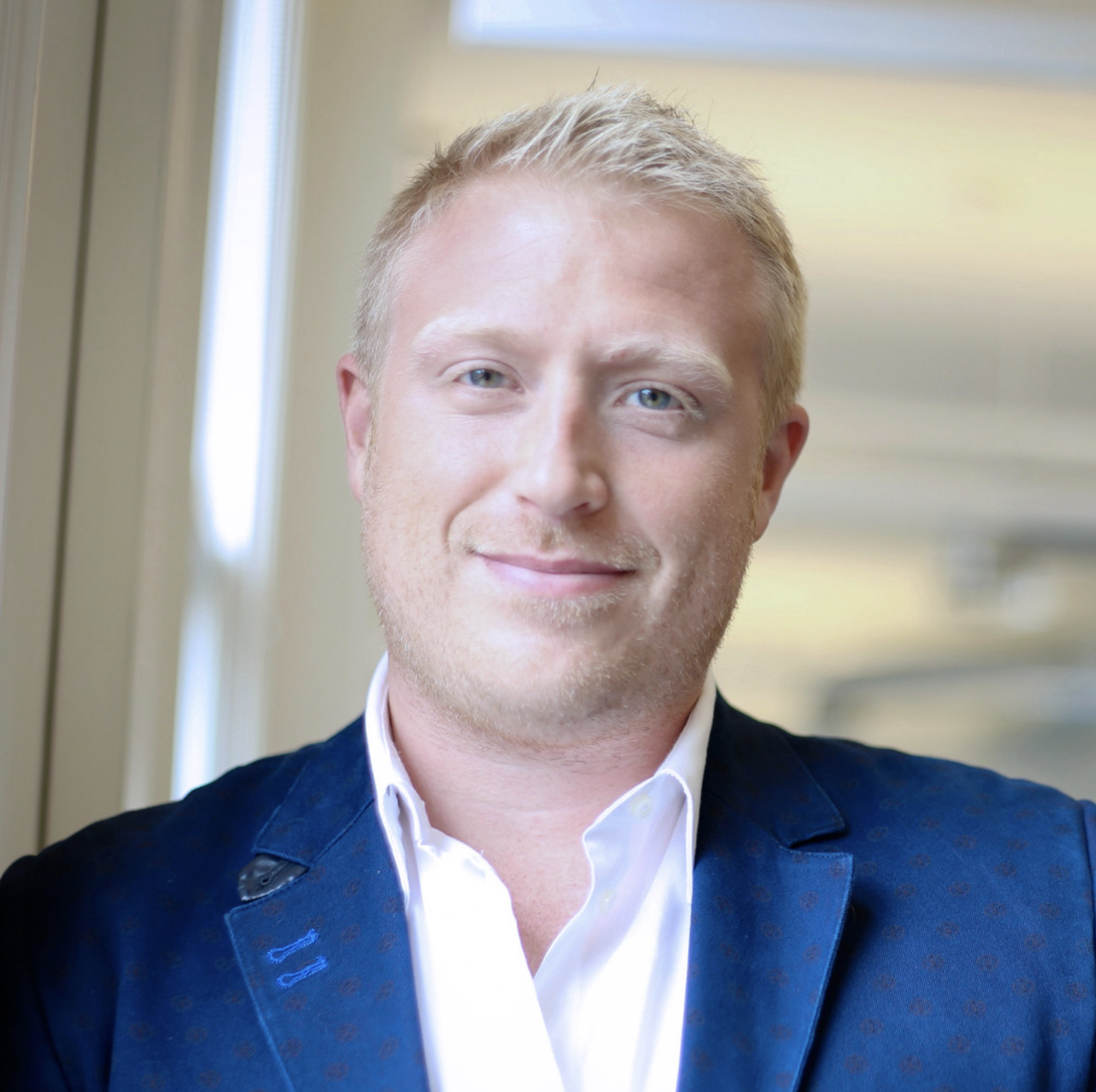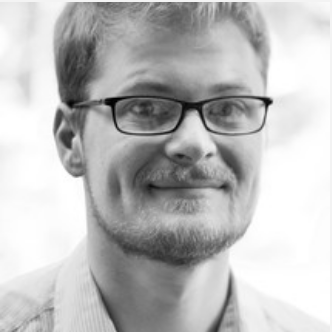Welcome to “How to Start a Startup,” a short series aimed at giving aspiring entrepreneurs a range of views about starting a new team, product, or initiative.
This week, our panel of founders will share how they first assumed the role, including the psychological and financial considerations that put them on the path.

Our panel of founders will share how they first assumed the role, including the psychological and financial considerations that put them on the path.
What was your first experience with starting a company? How early did you catch the bug?
Michael Shaulov, CEO and Co-founder of Fireblocks:
"Our first “startup” was when we were in ninth grade"
I actually started my entrepreneurial endeavors when I was approaching high school. Me and a couple of my friends were introduced to this thing called the internet and I learned how to program in HTML and Java. We were basically doing all kinds of commercial projects. Our first “startup” was when we were in ninth grade. One of my friends came back [to Israel] from some student exchange in Germany and he’d discovered that people in Germany really like hookahs. And what we actually built was the first website that sold hookahs online.
In the Arab market in the city where I grew up, we photographed all the hookahs over there, and we basically created this e-commerce marketplace for hookahs. We didn't even have an inventory; every time that someone would put in an order, we would drive to the market, we'd buy the hookah, if it was available, and then we'd ship it to them.
Our mistake was, we also took photos of the tobacco you put in the hookahs and so we were also selling the tobacco. And we were using some U. S. free trade card processor, and because we were 14 years old, we didn't read the terms of service of that credit-card processor — which said we were not allowed to sell tobacco. They basically shut us down.
But throughout high school, I did a couple of other projects like this — creating an e-commerce platform in 2000 that was very popular in Israel. And then I joined the IDF — in Unit 8200 — and built my skill and knowledge around cybersecurity.
Ben Milne, Founder and Chairman of Dwolla Inc.:
"When you sold online, no one cared how old you were"
I think actually the thing that thrust me into building companies was the way I got opportunities. I grew up in the country, so it's not like I could get a normal job and go to work once I needed to start earning money.
The cliché: I could mow people's yards because they have more money than they have time or segue to, "I can actually pull in more by not driving into town." And then that turned into, "Well, I'm making a little bit. How can I invest that to make more of it?"
When I was in high school, I started a manufacturing company that sold all of its products directly to consumers through the web.
The reason we sold online is because none of the retailers would carry our product. An 18-year-old kid walking in the door with this, like, speaker, saying, “You should buy these from me and make more money” — why would you do that? When you sold online, no one cared how old you were. As long as the product was good and the specs were right, no one cared.
It wasn’t a massive business. I think if it still existed, it would probably be a $30- or $40-million-a-year business. We were doing maybe a million-and-a-half in revenue, and that was really just doing the work.
Arti Arora Raman, founder and CEO of Titaniam:
"I've been biding my time and waiting to do it again. Finally, my children are in middle school and high school. I'm sort of ready to do it, and I'm doing it all over again"
I am a second-time entrepreneur, and my entrepreneurial efforts have been 20 years apart. My very first one I did in my early 20s. I came from India with no money. I went to business school, took loans and so on, and joined the highest-profile thing I could find to pay those loans off, which was basically a consulting job.
I always liked consulting. I did that for two years, helping other people build new things. I realized very quickly that I wanted to build something of my own, and so I left.
I have an economics and mathematics background. A lot of what I think about is algorithms and ways to optimize things and all of that. From watching and helping other companies do their thing, I had this idea about how either human resources or capital could be optimized inside companies. I wanted to try my hand at that.
Not knowing anybody in the country, I called the guy that wrote the textbook that I studied as an undergraduate, an economics professor out of Stanford.
We hit it off, and that's how my first company was founded. It was called Liquid Engines, and we ended up doing great things. He ended up becoming chief economist for George Bush. He sort of had his own high profile, but he wanted to try his hand at entrepreneurship as well, so it was sort of like a match made in heaven: the wise, experienced person and the kid that wants to do all the work. That was when I was in my 20s.
That was a very interesting journey. Because we had somebody that was super important, we got a lot of attention, and eventually that company sold to Thomson Reuters.
That was an incredible journey. We were in the enterprise resource optimization space, basically helping large companies make investments while optimizing all kinds of things like taxes and such. It was fantastic, but then I wanted to start a family. I took time off, and I had two children. They're 12 and 14. Since then, there were so many lessons learned. For example, I was young. I had no idea. I did not understand dilution.
I was happy to get as many important people involved and get them equity. By the time I was all done — and I don't regret it for a moment because I hung out with incredible people and learned amazing things — I was left with very, very little.
I've been biding my time and waiting to do it again. Finally, my children are in middle school and high school. I'm sort of ready to do it, and I'm doing it all over again. In the middle, I made a career switch.
When I came out of taking time off, I went to work for the guy I hired to replace me in my startup. I got introduced to security. That's what my journey has been.
I've been 10 years in security. I've been seeing problems, waiting to jump in, and here I am. I'm about a year into this startup, and that was my journey.
Daniel Chait, CEO and Co-founder of Greenhouse:
"I was sitting here frustrated at this big company and a really good friend of mine had a great opportunity for us to go off and do a project on our own with our own client, Citibank"
Looking back on it, it feels like I was kind of predestined for this life. In 1982, my dad brought home an Apple II. I loved it immediately and wanted to spend all my time on the computer And weirdly, I loved programming and productivity. I played my share of games — don't get me wrong — but I loved VisiCalc. I loved programming in BASIC. It's what I did.
In high school and college, I got side jobs writing computer programs for businesses and my school district. I graduated with an engineering degree, and I got a job as a programmer. But I was used to a world where I was talking to businesses about their problems and then solving it through technology. I always thought that was the magic part.
And I got to this kind of big company that didn't really want to solve customer problems. They wanted to keep the money flowing. And I just wasn't going to do it. I just remember thinking at the time, "Like, this is all a big waste of my time. I have so much potential and so much interest in what the customer wants and how I can help do it."
I was sitting here frustrated at this big company and a really good friend of mine (who was my college roommate and was working the same company with me) had a great opportunity for us to go off and do a project on our own with our own client, Citibank. And so we quit our job and we started our first company. That was in 1997, and that was when I started my first business and we're in lower Manhattan down on Wall Street.
When the dot-com crash hit, all of our customers were investment banks. They were all wiped out. We were done and we just looked up one day we're like, "Yeah, we're done, we have no money."
In fact, I paid Chase every month for about five years because we had taken out a loan and we had to pay it back. So, that was my first shot and we lasted almost four years and then had to wrap it up.
The second time, I had joined up with a couple of other folks who also, like me, had started companies and lost money in the dot-com crash and we knew the finance industry a little bit. And so we targeted the financial-services industry with Lab 49, a project-based, next-generation consultancy.
We thought there was a big opportunity, and we didn't have to go get venture capital; a nine-step Rube Goldberg machine where you make money at the end. It was like, "No, get your first customer. The business is basically sustainable as long as you don't spend more than you take in."
And then with Greenhouse, that was really the big one where I took like a year and really six months of full time work on, "What are we going to do?" And I made a spreadsheet with my co-founder, John, a college roommate I've known for 20 years.
Marwan Forzley, Co-founder and CEO of Veem:
"I've spent all my career basically just going back and forth between startups and big companies"
I started Veem in late 2014. I used to run e-commerce for Western Union and prior to that, I was in a startup that I founded and sold to Western Union called eBillme. And prior to that, I was in a startup that ended up with Nokia.
So I've spent all my career basically just going back and forth between startups and big companies. The first one was four years long and the second one was two years, at a big company. It's not like there's a specific amount of time, it just depends on the situation. If you're enjoying the work and learning and growing, then you spend more time.
Nimrod Lehavi, Co-founder and CEO of Simplex:
" I became a startup founder by mistake"
I became a startup founder by mistake. I started as a developer in '97 — I signed a contract to build a website to someone, and I didn't even know how to program. So I bought a computer, learned programming, invented a stupid database, hacked my way through Photoshop and launched the website, and it all went downhill from there.
My first company was basically an evolution of that. We started as a software boutique. We just recruited some developers, and they were working instead of me just working.
I do think that took me a really long time to understand that I was undervaluing myself. I was making good money, but it wasn't amazing. It was doing software projects — a fine job that worked well with my ADD, moving from one space to another every three months. But it wasn't something that you can actually sink your teeth into. It was like delivering a baby and giving it away!
Eric Saraniecki, Co-Founder and Head of Product at Digital Asset:
"I was just really happy to dive into the deep end on something and get buried"
I've always been entrepreneurial. We've had a family business in my family for 80 years, and I guess it's unfair to say I'm a first-time founder. I think that realistically, Digital Asset is probably my third or fourth startup, but definitely my first at this scale, consequence, and import. There's something about being completely on your own starting something from scratch that's quite a bit different than the stuff I've done historically.
Before this, I was a trader for the better part of a decade, and I did well — trading was great to me. I had no complaints, but I realized that it was a niche skill. It wasn't designed to be a career and it wasn't something that I felt I could rely on for the rest of my life.
I wanted to learn a whole new set of skills and something that would grow over time — something I can look back on and have a wealth of knowledge that would be cumulatively more valuable than it was at any specific moment in time. Some traders can do this and can make a life out of the skill but it wasn’t my forte — I always considered myself a terrible trader but a good problem solver.
I was fortunate to be trading in commodities as they transitioned from open-outcry, pit trading to electronic where there were new problems to be solved on an almost daily basis. The markets were so dynamic and healthy at that time in spite of some very large market and hedge fund failures.
Around the same time, I caught the crypto bug and got myself involved in the cryptocurrency markets from the very beginning. I participated in everything from in-person exchanges, to mining at large scale, and eventually to starting Cumberland Mining with my good friend and colleague at DRW.
My experience with Cumberland left me excited for opportunities outside of just trading. With DA, I was just really happy to dive into the deep end on something and get buried. For me, that was the calling.
What’s ahead
In the weeks ahead, we’ll explore these high-level topics:
- What to consider before taking the leap
- Tips on building the founding team
- Early funding strategies
- Your first few employees
- Life beyond the early days
Each post will comprise a short set of questions about a specific topic. Our participants will offer their own views and we encourage you to add your voice to the discussion.
Do you have your own questions for Digital Asset’s panel of entrepreneurs? Please write to us at community@daml.com.
Digital Asset can remove engineering roadblocks for entrepreneurs. Contact us to learn how to build and deploy software with Daml, an open-source toolchain for building applications, and DABL, a scalable cloud environment for launching SaaS applications with a serverless experience.
Daml has also a new learn section where you can begin to code online or try DABL here:
Learn Daml online
Try DABL for free
 by Eric Saraniecki, Co-Founder & Head of Network Strategy, Digital Asset
May 20, 2020
by Eric Saraniecki, Co-Founder & Head of Network Strategy, Digital Asset
May 20, 2020
 by Eric Saraniecki, Co-Founder & Head of Network Strategy, Digital Asset
May 20, 2020
by Eric Saraniecki, Co-Founder & Head of Network Strategy, Digital Asset
May 20, 2020

